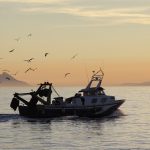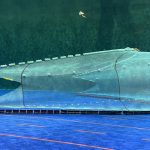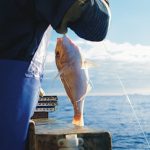The Commission is disappointed that the significant steps taken in some areas by the 13th session of the Indian Ocean Tuna Commission (IOTC) in Bali (Indonesia) from 30 March to 3 April 2009 have been offset by a failure to make progress in others.
The main sticking points included major modifications to EC proposals regarding catch limits on tropical tunas and swordfish, which prevented the IOTC from engaging in the genuine multilateral cooperation expected of it. The lack of agreement on the laudable proposals relating to shark-finning and data reporting on shark species was another setback.
On a more positive note, the IOTC made some headway on the EC-backed observer programme for the region, which will improve the gathering of scientific data from all gears. EC initiatives formed the basis for a certain amount of progress with regard to a proper freeze on fishing capacity. The IOTC also recognised the gravity of piracy in the western Indian Ocean and called on the international community to give its full support to fighting piracy in the region.
The EU, in conjunction with other Members, will continue reflecting on the best way to help the IOTC overcome its under-performance and become more capable of taking bold decisions when necessary.
_________________
The Indian Ocean Tuna Commission (IOTC) is an intergovernmental organisation working under the auspices of the FAO and mandated to manage tuna and tuna-like species in the Indian Ocean and adjacent seas. Its objective is to promote cooperation among its Members with a view to ensuring, through appropriate management, the conservation and optimum utilisation of stocks and encouraging sustainable development of fisheries based on such stocks.








